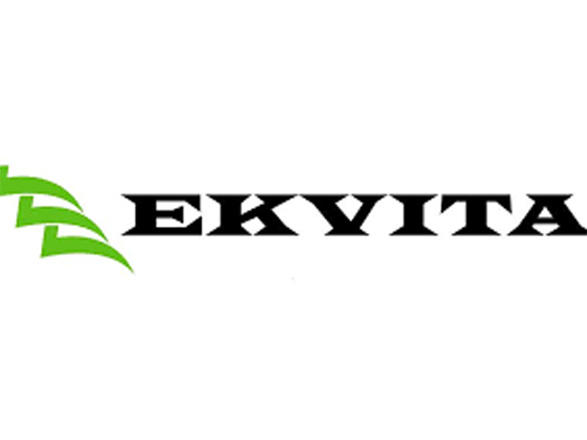Baku, Azerbaijan, May 8
Trend:
According to the law of the Azerbaijan Republic number 1356-VQD dated November 30, 2018 “About Amendments to the Tax Code of the Republic of Azerbaijan”, more than 76 articles of the Tax Code have been amended.
Amendments to the Tax Code are not always written in simple language, therefore many businesspeople have difficulty understanding them. “Ekvita” Company has been showing initiative to bring explanation of these changes to citizens considering the desire of the society.
Generally, the amendments are very important and fundamental. These changes hase been made for the following 5 directions:
- Entrepreneurship support;
- Reducing the scale of tax evasion and "shadow economy";
- Expansion of the tax base;
- Improvement of tax administration;
- Increasing the effectiveness of tax incentives.
Considering the volume limitations of the article, we would like to talk about the changes on tax inspections, which is one of the most pressing issues of interest to us, businesspeople. We are bringing to your attention the following summary for these amendments.
After January 1, 2019, documents and item samples will be allowed to take during operative tax control as well. Previously, that was not allowed under the Tax Code.
After the amendments, documents and item samples can be taken during the working hours (actual working time) of taxpayers. Before the changes, it was only possible ta take documents and item samples in the daytime (from 08:00 to 20:00 p.m). Now, if a taxpayer’s working time or actual working time is during the night, documents and item samples can also be taken in the night.
Head (deputy head) of the tax authority has to make more decisions than it used to be based on the results of the consideration of the field audit materials. Additionally, the following decisions can be made. Keeping in force the decision adopted under the previous tax audit result; Full or partial cancellation of the decision adopted under the previous tax audit result or making changes to the decision; Making a new decision.
And, as you can see, the list of the decisions which the head (deputy head) of the tax authority has to make has been expanded. The above mentioned decisions are implemented in relation to the decisions adopted in the result of the consideration of the extraordinary field audit materials.
According to the amendments, if there is a complaint to the Ministry of Taxes by the taxpayer within 30 calendar days from the date that the taxpayer reseved a notification on calculation of taxes, interests and financial sanctions (including a result of field audits) imposed by the tax authorities or if there is a relevant decision of the Ministry of Taxes, tax authorities will not give an order of executive (payment) documents to the credit organization or the person conducting banking transactions about deducting the debts for taxes, interests and financial sanctions (including the debts resulted from tax audits) from the taxpayer’s current or other accounts in national or foreign currency to the state budget..
This is a very progressive change. So, when the decisions under tax audits (desktop, field or operative) are not correct or they are groundless, taxpayers’ money will not be transferred to the state budget. That money will not removed from the business.
According to the current changes, during inventory field audit or field audit the goods that should be marked with the binding markup, but unmarked, as well as religious literature (on paper and electronic media), audio and video materials, goods and articles and other informational materials of religious content that should be marked, but unmarked can be taken away. Again, it expands the powers of the tax authorities to conduct an inventory field audit.
Consequently, some important changes have been made for the benefit of taxpayers. At the same time, the powers of the tax authorities regarding tax inspections have been increased.
Gunel Hadiyeva -Tax Manager

Samira Malikova -Tax Manager







